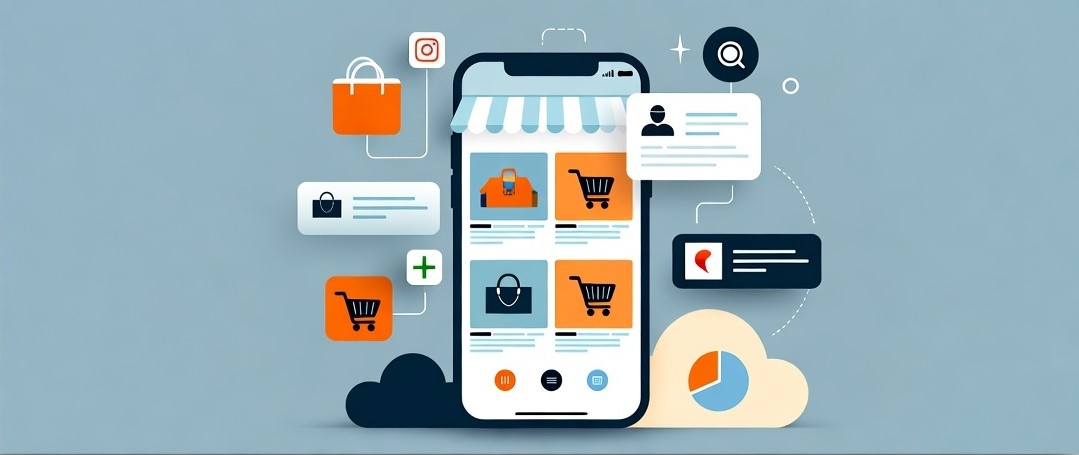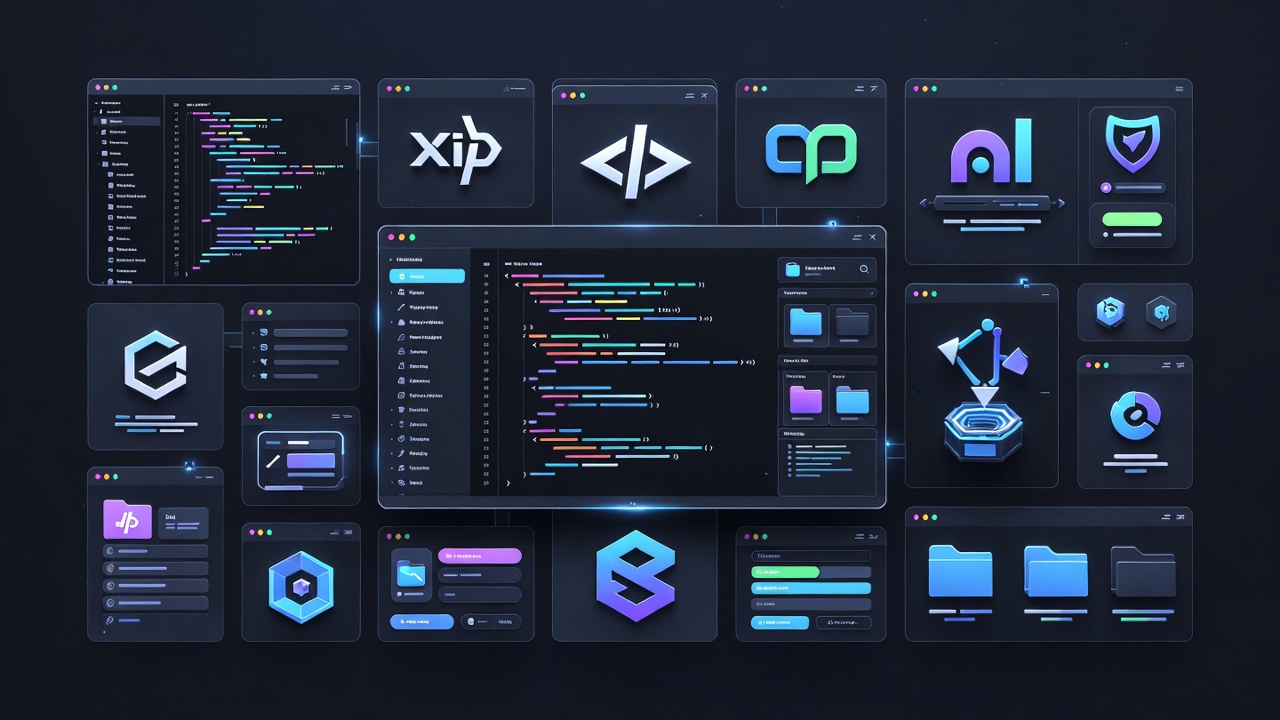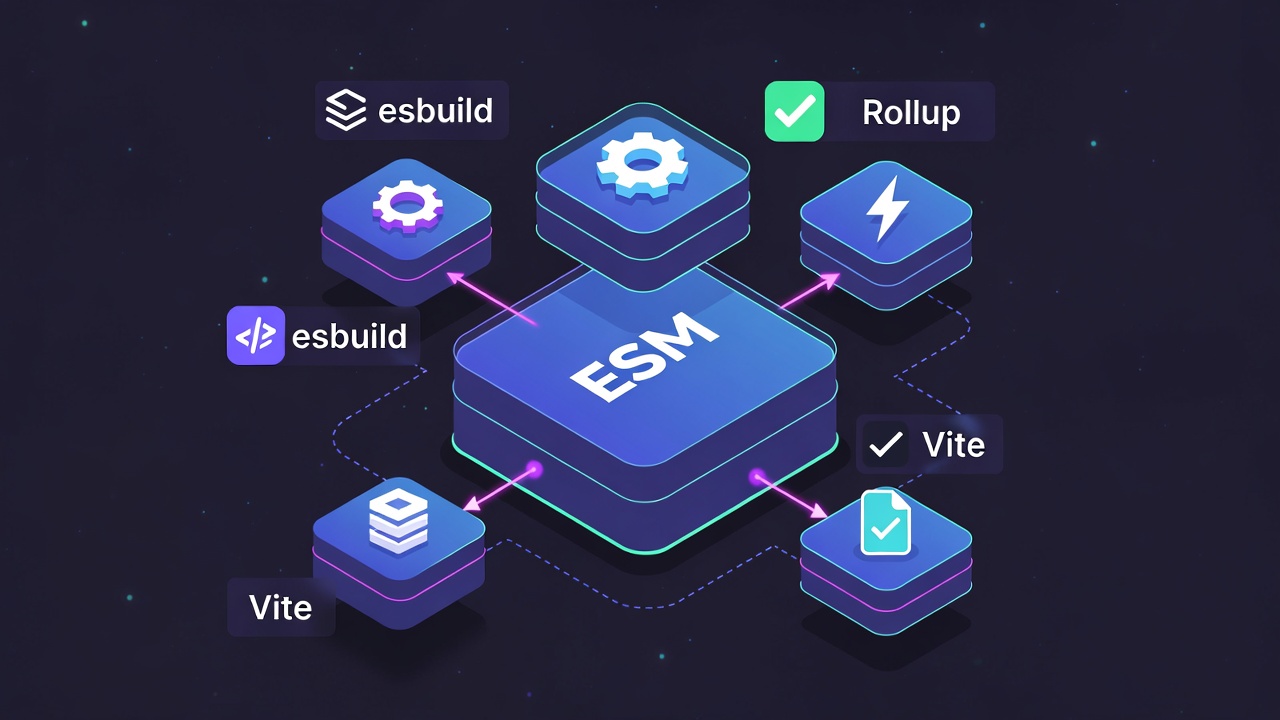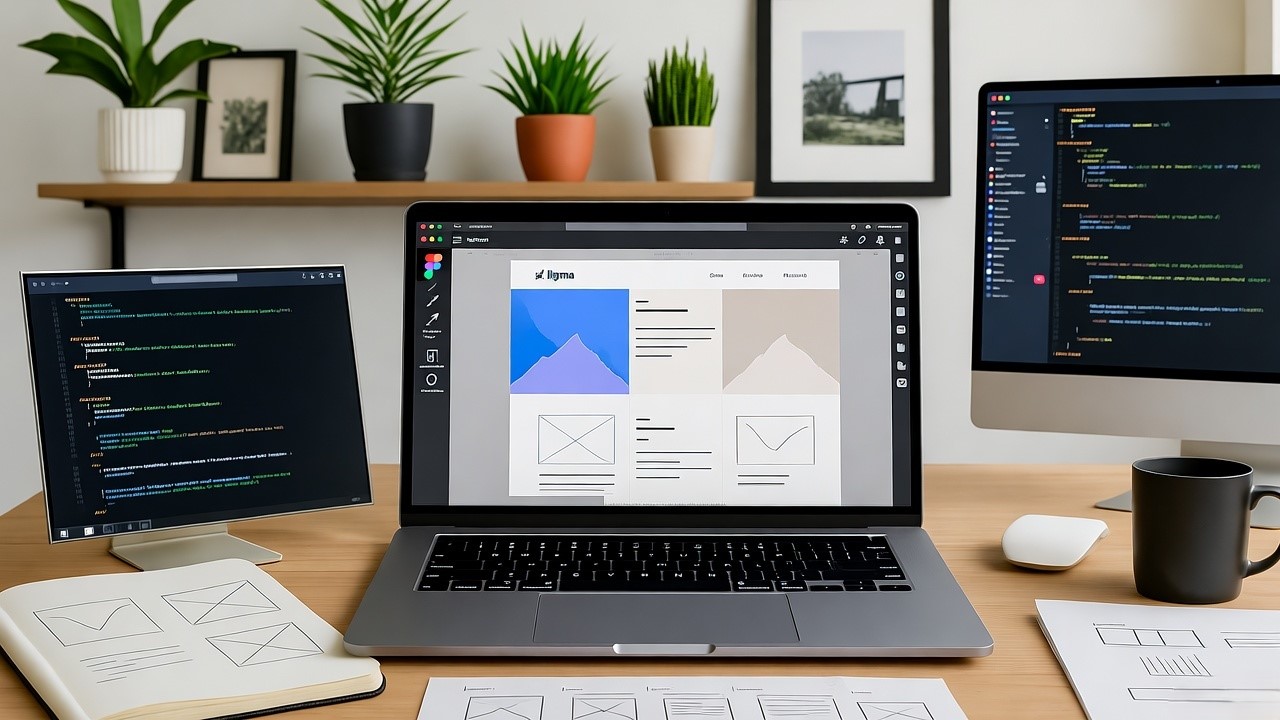The Best Ecommerce Mobile App Builder: A 2025 Guide for Scaling Your US Business
I’ve spent the last five years running a platform that converts Figma designs into production-ready code. In that time, I’ve reviewed hundreds of tools and directly assisted over 200 US-based ecommerce brands in their transition from web-first to a dominant mobile app presence. One pattern is undeniable: the brands that invest in a dedicated, high-performance mobile app see a 2-3x increase in customer lifetime value compared to those relying solely on a mobile browser experience. But with dozens of platforms promising the world, how do you, a busy founder or product lead, choose the right one?
This guide cuts through the noise. We’ll move beyond surface-level features and analyze the core architectural and business implications of choosing a specific ecommerce mobile app builder. We'll focus specifically on the needs of scaling US companies, where user experience expectations are exceptionally high and the competitive landscape is fierce.
The best ecommerce mobile app builder balances intuitive design, scalable performance, and deep native functionality without requiring a massive in-house engineering team.
Why Your Ecommerce Business Needs a Mobile App, Not Just a Mobile Website
This is the foundational question. Many US-based merchants believe a responsive Shopify or WooCommerce store is "good enough." While it's a start, it's a significant ceiling on your growth potential.
A mobile app provides a direct marketing channel to your customer's home screen, free from the distractions of a browser. Push notifications, for instance, have an open rate of up to 60%, compared to just 15-25% for marketing emails. This direct line of communication is invaluable for driving repeat purchases and announcing flash sales.
Furthermore, apps allow for a faster, more immersive user experience. They can leverage the phone's native hardware for features like one-touch biometric logins, advanced AR product previews, and offline browsing of saved items. This creates a sticky, brand-loyal ecosystem that a mobile website simply cannot match. For businesses in competitive US markets, this isn't a luxury; it's a necessity for differentiation.
How to Choose an Ecommerce App Builder: The 5 Critical Pillars
Before we dive into specific platforms, you need a framework for evaluation. Your choice will impact your budget, team's workflow, and scalability for years.
Look for these five pillars.
1. Development Approach: No-Code, Full-Code, or Hybrid?
The method used to build your app dictates everything from cost to flexibility.
- No-Code/Low-Code Platforms: Tools like BuildFire or certain app builder modes in Shopify. You use a visual drag-and-drop interface. Best for: Simple apps, rapid prototyping, or businesses with no technical staff and a standard feature set.
- Full-Code (Native) Development: Writing code from scratch in Swift (for iOS) and Kotlin (for Android). Best for: Large enterprises with complex custom requirements and dedicated engineering teams.
- Hybrid & Next-Gen Approaches: This is where the most innovation is happening. This includes traditional frameworks like React Native and, more recently, AI-powered generators that convert designs directly into code. Best for: The vast majority of scaling US businesses that need a high-quality, performant app without the time and cost of a full-code project.
2. Integration Capabilities with Your Existing Stack
Your app cannot be an island. It must seamlessly connect with the tools you already use.
Key integrations to verify include:
- Your ecommerce platform (Shopify, BigCommerce, Magento)
- Payment gateways (Stripe, PayPal, Braintree)
- Email marketing software (Klaviyo, Mailchimp)
- CRM and helpdesk systems (HubSpot, Zendesk)
- Analytics tools (Google Analytics, Mixpanel)
A builder with pre-built, robust connectors for these services will save you hundreds of hours of development time.
3. Total Cost of Ownership (TCO)
Look beyond the monthly subscription fee.
The true cost includes:
- Platform Subscription: The monthly or annual fee to the builder.
- App Store Fees: Both Apple App Store and Google Play Store take a commission on digital sales (typically 15-30% on subscriptions, but standard goods can be different).
- Development & Customization Costs: Even with a no-code tool, you may need a developer for advanced tweaks.
- Maintenance & Update Costs: Who handles OS updates, bug fixes, and new feature releases?
4. Performance & User Experience (UX)
In the US, where 4G/5G is widespread but user patience is thin, app performance is non-negotiable. A slow, clunky app will be deleted immediately.
Look for builders that produce apps with:
- Fast load times
- Smooth animations
- Intuitive, native-feeling navigation
- Low memory and battery usage
5. Scalability and Long-Term Viability
Will the app you build today be able to handle 10x the users and orders? Can it incorporate new technologies like AR or AI-driven personalization down the line? Choose a platform and an approach that grows with your ambition.
Comparing the Top Ecommerce Mobile App Builders in 2025
Here’s a detailed comparison of the leading platforms, with a focus on their suitability for US-based ecommerce businesses.
Key Benefits for US Ecommerce Brands
- Uncompromised Brand Identity: Your app will be a true digital embodiment of your brand, not a cookie-cutter template. This is crucial for standing out in the crowded US app stores.
- Superior Performance: Because the output is clean, native code (not a webview), the resulting app is fast, responsive, and provides a genuine native user experience.
- Future-Proof and Scalable: You own the source code. This means you are not locked into a platform. As your needs evolve, your development team can take the generated code and extend it infinitely, integrating any custom backend, payment system, or analytics tool you require.
- Cost-Efficiency: While the initial investment might be higher than a no-code template, the Total Cost of Ownership is often lower. You get a custom-quality app without the $100k+ price tag of a fully bespoke development project.
For a US ecommerce business that has already invested in a strong brand identity and wants an app that reflects that quality, Niral AI represents the optimal blend of design fidelity, technical performance, and strategic flexibility.
Final Recommendations and Your Next Steps
Choosing the best ecommerce mobile app builder is a strategic decision, not just a technical one. Your goal is not just to have an app, but to have an app that becomes a primary profit center and a pillar of your customer relationship strategy.
- If you're a Shopify merchant needing a simple, fast solution and standardization is acceptable, the Shopify Mobile App Builder is a logical starting point.
- If you're on a tight budget and your site is already highly mobile-optimized, a webview solution like MobiLoud can get you into the app stores quickly.
- If you require maximum customization and have the budget and team, a custom React Native project is the path of ultimate control.
- If you are a design-focused brand that refuses to compromise on UX and needs a high-performance, custom app without the traditional cost and timeline, then an AI-powered platform like Niral AI is the most efficient and effective choice.
The mobile app landscape is moving away from generic templates and toward personalized, high-performance experiences. Your business deserves a tool that can deliver on that promise.
Ready to see how a design-to-code approach can transform your mobile strategy? Explore Niral AI's platform to understand how you can ship a pixel-perfect, custom ecommerce app in record time.




